Chapter 4
Civil Liberties
By Boundless
The Bill of Rights is the collective name for the first ten amendments to the US Constitution and they guarantee certain liberties.
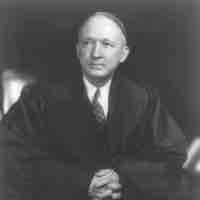
The Bill of Rights were included into state laws through selective incorporation, rather than through full incorporation or nationalization.

The incorporation of the Bill of Rights is the process by which American courts have applied portions of the Bill of Rights to the states.
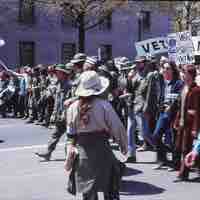
The First Amendment to the US Constitution is part of the Bill of Rights, and protects core American civil liberties.
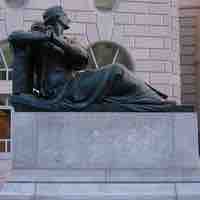
Freedom of religion is a constitutionally guaranteed right, established in the First Amendment of the Bill of Rights.
As part of the First Amendment's religious freedom guarantees, the Establishment Clause requires a separation of church and state.

The Free Exercise Clause of the First Amendment establishes the right of all Americans to freely practice their religions.

The freedom of speech is a protected right under the First Amendment, and while many categories of speech are protected, there are limits.

The First Amendment guarantees the freedom of the press, which includes print media as well as any other source of information or opinion.
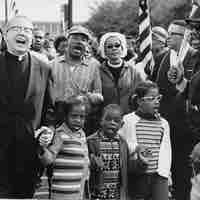
The First Amendment establishes the right to assembly and the right to petition the government.
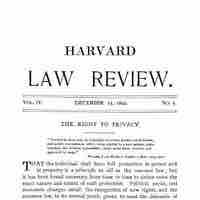
The Right to Privacy was an article that advocated for the protection of a citizen's private matters.

Abortion rights are can be determined by state courts and the Supreme Court and still continues to be a highly debated right for women.

National security practices impact privacy rights for the well-being and domestic security of the United States.
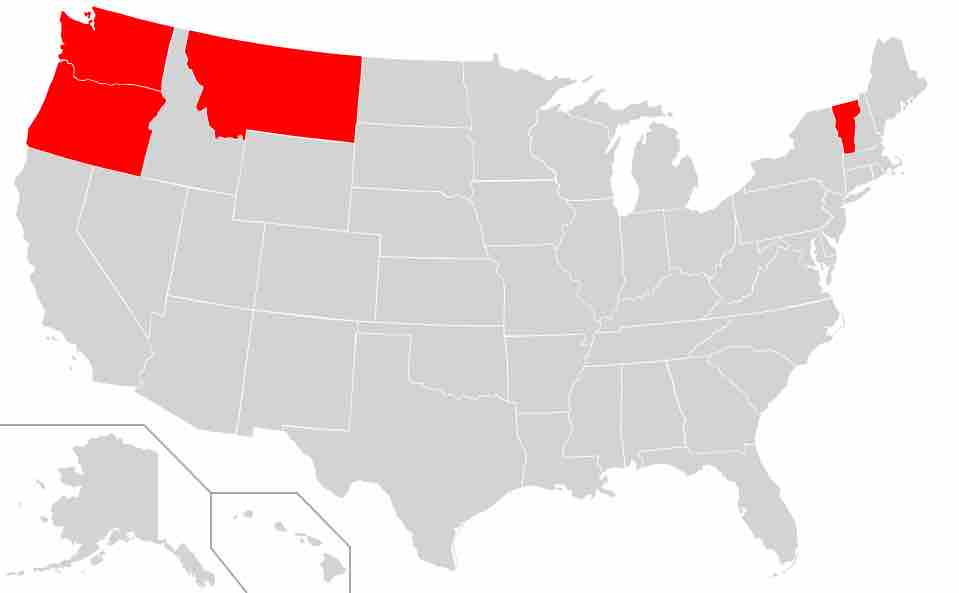
There is a wide range of public opinion about the right-to-die movement in the United States, yet It is only legal in a few states.

Rights to sexuality allow people in the United States to express sexual orientation without discrimination.

The rights of the accused include the right to a fair trial; due process; and the right to privacy.
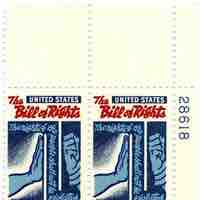
The Fourth Amendment to the U.S. Constitution is the part of the Bill of Rights guarding against unreasonable searches and seizures.
The Fifth Amendment to the U.S. Constitution, which is part of the Bill of Rights, protects against abuse of government authority in a legal procedure.
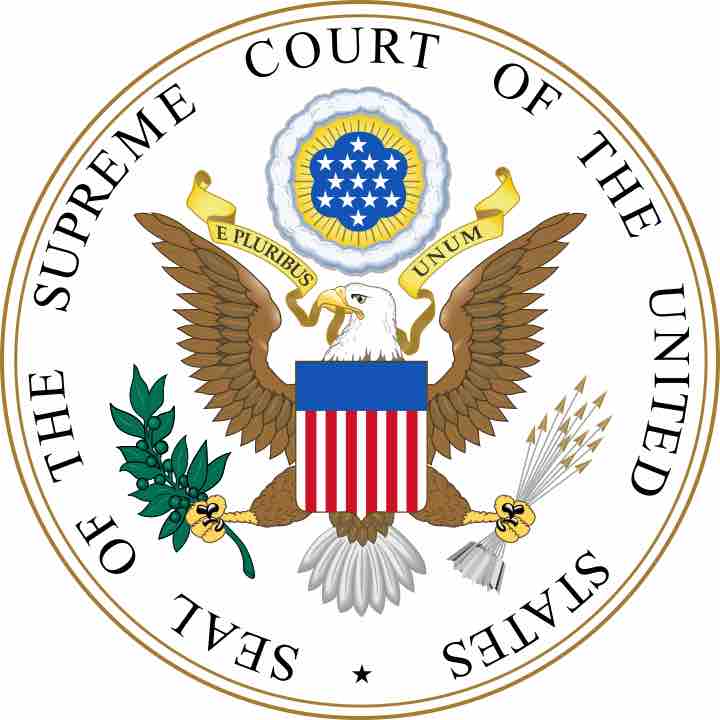
The exclusionary rule holds that evidence collected in violation of the defendant's rights is sometimes inadmissible.

The Assistance of Counsel Clause in the Sixth Amendment allows to any person accused the right to counsel for his defense.
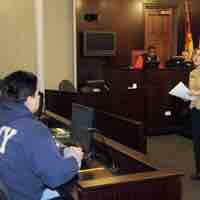
The Sixth Amendment U.S. Constitution is the part of the Bill of Rights, which sets forth rights related to criminal prosecutions.
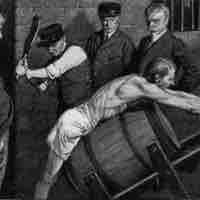
The Eight Amendment determines the provisions for cruel and unusual punishment.
The Miranda warning is a statement read by police to criminal suspects that asserts their right to counsel and right to remain silent.

Issues on privacy created new grounds for citizens to battle the constitutionality of security policies enacted after September 11th.

Due process rights provides legal protections while a citizen is charged by the courts and other legal procedures.

A roving wiretap is a wiretap specific to the United States that follows the surveillance target across his or her private communications.
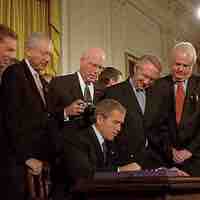
The controversial Patriot Act was enacted following September 11 to protect national security, and allows the government extensive power over surveillance.

After 9/11 attacks, the United States government passed and extended policies of surveillance for public citizens.